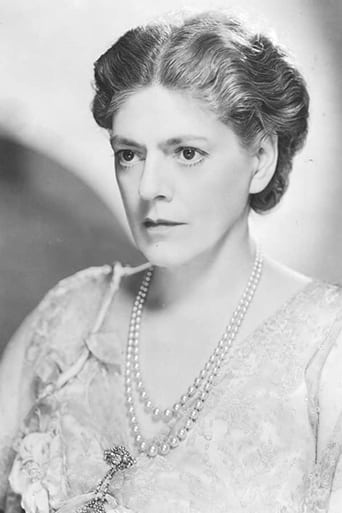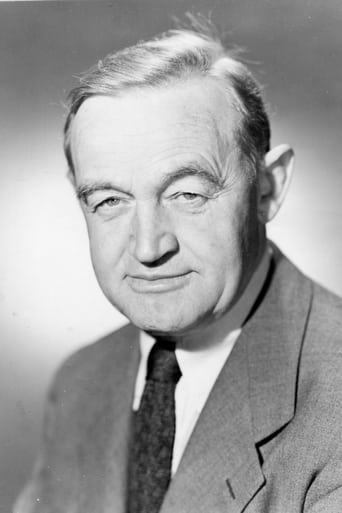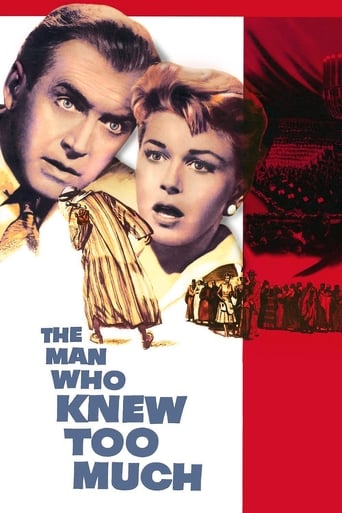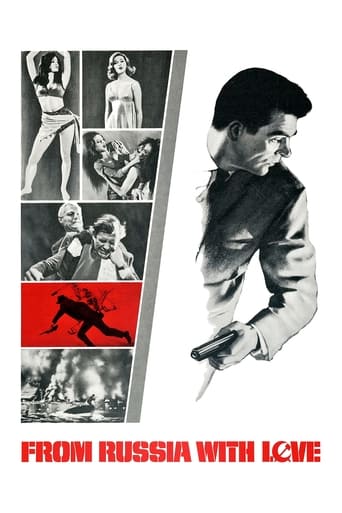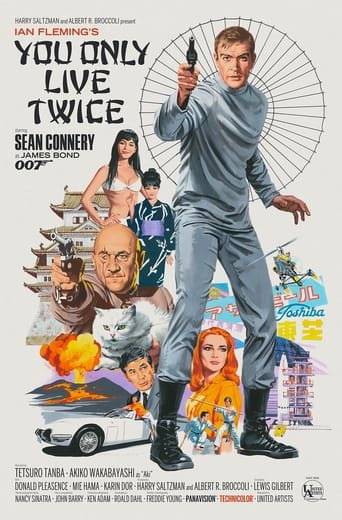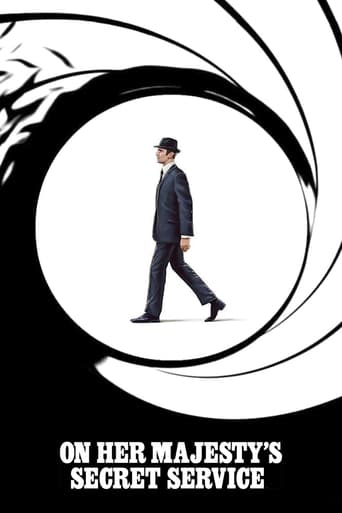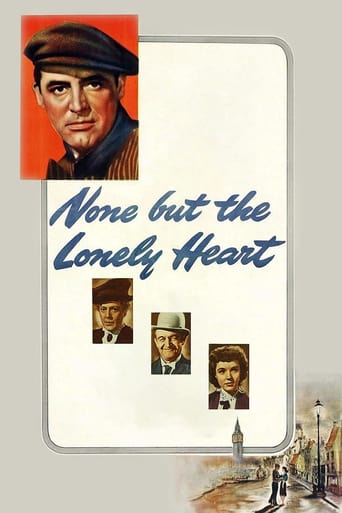
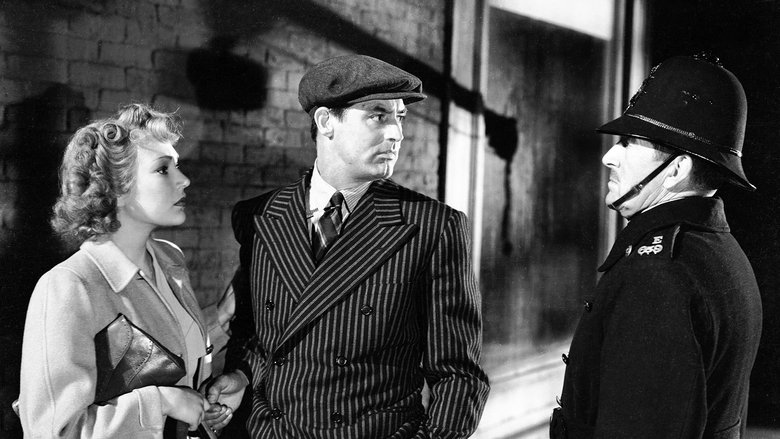
None But the Lonely Heart (1944)
When an itinerant reluctantly returns home to help his sickly mother run her shop, they're both tempted to turn to crime to help make ends meet.
Watch Trailer
Cast
Similar titles
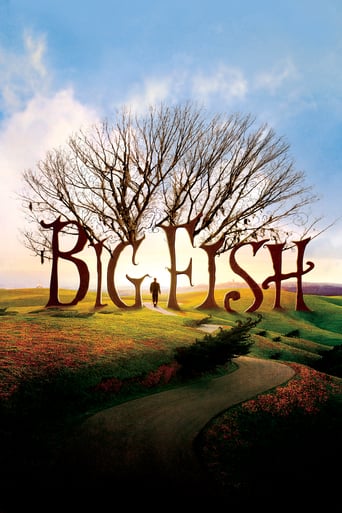

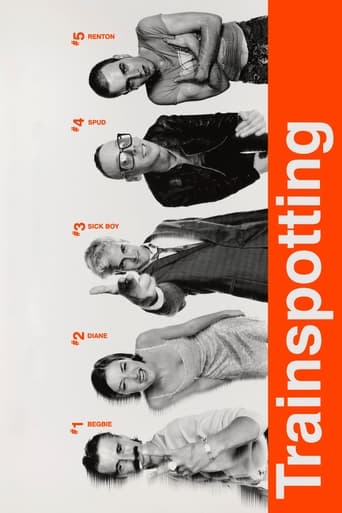
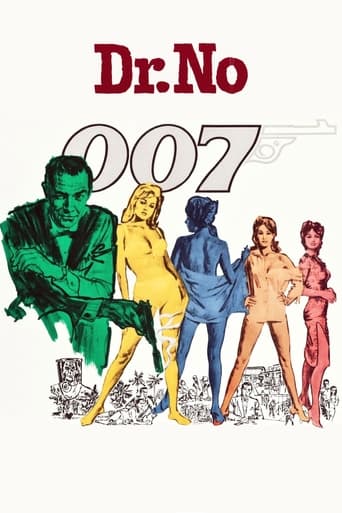
Reviews
Best movie ever!
Absolutely Brilliant!
Pretty good movie overall. First half was nothing special but it got better as it went along.
When a movie has you begging for it to end not even half way through it's pure crap. We've all seen this movie and this characters millions of times, nothing new in it. Don't waste your time.
The movie's a wildcard in Grant's otherwise debonair career. Here he's an aimless London slum-dweller, who thinks futility is just the way the world is. So why should he, Ernie Mott (Grant), try for anything better when the world's rigged for defeat. Still, Ernie's got an indulgent, if fatally ill, mother, along with two adoring girlfriends. They might help if he weren't so casual about their affections. The movie's heart is in the right place, as lefty screenwriter-director Odets links the ease of crime with slum conditions. The trouble is it's hard to take Grant (age 40) as either youthful or poverty stricken (couldn't they have dirtied him up a bit). Maybe I've seen too many of his slick light comedies, but I just couldn't forget that this is the great smoothy playing against type. No doubt, he was trying to expand his range, but the choice of vehicles was unfortunate as he himself admitted. The movie itself is about as dingy as any I've seen. The murky b&w is tediously unrelenting. Naturally, that emphasizes the slum-like conditions, but also serves a more practical purpose. Namely, the dimness masks the many studio-bound streets and sets that are about as cheaply done as any of Grant's many films. Frankly, between the unrelenting talk and bleak visuals, my attention wandered. Still, Jane Wyatt is fetching, Barrymore doesn't over-act, Fitzgerald is not too cuddly, while Grant tries his manful best. Too bad, the results aren't better— the 113-minutes could easily have profited by shaving off 20 of those. Anyway, the movie remains more a bleakly done oddity than anything else in Grant's fabulous career.
Based on the novel by Richard Llewellyn, with a script by Clifford Odets (who also directed it), NONE BUT THE LONELY HEART is a socially conscious film, readily recognizable as the work of the author of WAITING FOR LEFTY (a classic social drama of the mid-Thirties), Ernie Mott (Cary Grant) lives in the back-streets of London, trying to eke out an existence while living with his mother (Ethel Barrymore). The two of them fight like cat and dog, but once Ernie discovers that his mother is terminally ill, he vows to stay with her no matter what the consequences. Short of money, Ernie resorts to a life of crime, working for local mobster Jim Mordinoy (George Colouris), and is eventually arraigned by the police after a car-chase (more reminiscent of the streets of Depression-era Chicago than London). Released on bail by a friendly pawnbroker (Konstantin Shayne), Ernie discovers to his horror that his mother, while pretending to lead a respectable life in her own pawn-shop, has also been involved in a life of crime. The two of them are reconciled on her death-bed, but Ernie has to face the future on his own. Although the settings are somewhat stagy, the sincerity of this drama is not in doubt: Odets has a gift for creating memorable sequences, with a clever use of light and shade suggesting Ernie's imprisonment. Although not actually in jail, he cannot escape his existence: the desperate search for money to live on will never end. Nonetheless he resolves to face the future with equanimity - in a time of war, it's important for everyone to forget their individual grievances and pull together. This is suggested in a memorable exchange at the end with Henry Twite (Barry Fitzgerald), as the two of them look down at the River Thames flowing beneath them, and walk to the river- side down a flight of stairs. As Ernie, Grant gets the chance to demonstrate his virtuosity as an actor; normally associated with light comedy, he rarely had the chance to grapple with meatier, tragic roles. The scene where he suddenly discovers the seamier side of life, as he watches the pawnbroker being beaten up by Mordinoy's gang is particularly memorable: Odets repeatedly cuts to reaction-shots of his facial expression gradually changing, and then cuts back to a medium shot as Grant/Ernie fells one of the gang-members who is about to hit a defenseless old man. While NONE BUT THE LONELY HEART is a propaganda peace, released in the penultimate year of World War II, it nonetheless has a social message that can be understood by everyone about the necessity to eliminate poverty by caring for others around us.
What a shock, this film! It is not your typical Cary Grant film to say the least! Grant's role would have been better suited to a lesser actor, a character actor perhaps more associated with horror films than mainstream films.Was this Cary's experimental film? Did he feel the need to play a really despicable man?Here you'll find characters of a kind you come to hate, and a dark story of a kind that disturbs you - and it's one without redemption. Even the great Ethel Barrymore comes across as someone you'd want nothing to do with. Grant - as always - is convincing as the horrible character he is portraying. Don't get me wrong. But why he would want to take on this role is questionable. I don't know about you, but if I don't care about the characters in a movie - or I thoroughly dislike them - I don't care about the movie and I don't care to see the movie. That's the case in None But The Lonely Heart. Yet - unlike other bad films I've seen - I'm not arguing this is a bad film because of poor acting or writing or direction or cinematography (which is far darker than even the darkest film noir). It's not a great film, but it's not amateurish either.For its genre - a B-type film that's almost a horror story - it's a well-done film. It's just a story line I don't ever want to see nor would I expect to see Cary Grant in it.I can't relate to or root for a bad guy. I don't want to be dragged down in the dirt with one. This movie suffers from choosing a poor subject and story - a really nasty story.And here, you see one of your favorite actors of all time, Cary Grant, in an ugly light that is almost scary. He's almost TOO convincing as a mad man - a role I can't recall him ever playing before, in all its darkness here. It only makes the movie more upsetting and unsatisfying. All the while you're wondering, "Why did you want to portray such a horrible man, Cary?" I don't want to see a character such as the one Cary played here any more than I'd want to see a biopic on the Sandy Hook shooter. Sorry. Just don't want to get into their minds or lives. I don't want to know anything about them. This movie forces you to get familiar with someone you don't want to get to know.Furthermore, I regret ever having seen this film because I don't feel it fits in with the wealth of great roles Cary Grant played. Plus, it adds, for me, a disturbing note to his career. And it's perhaps the only Cary Grant film I could ever imagine giving a 5-star review to.
Am one of the very few who found this to be a dull, moody piece. The somber tone reflected here is just overbearing.Ethel Barrymore gave finer performances than this Oscar-winning performance. How did a woman dying of cancer get involved with pick-pockets to begin with? Is it because of Mrs. Mott's illness that son, Ernie, played by Cary Grant, is forced to stay home and resort to crime?Grant's acting is good here. There is no question about that. He could never have won the Oscar with Alexander Knox in the same category in "Wilson." Knox's loss to Bing Crosby in the best actor category was a disgrace of monumental proportions.What exactly is Clifford Odets trying to show here? The downtrodden. Perhaps, if Ernie Mott had broken into a song, we would have had a better film. The dark dreary scenes were often very difficult to view.What was the purpose of Jane Wyatt's appearance in the film? She loved Ernie deeply but it appeared that she could never capture his heart. Barrymore enters the film in a brutish way. She slaps her son's (Ernie's) face and claimed she was too busy to love his father. What a ludicrous line that was.As far as this film being one of Communist propaganda, what a joke that is. Even the Communists would be thoroughly bored and annoyed with this. They would view the Mott's as extreme capitalists and the jail-hospital, where Mrs. Mott resided, as a bourgeois place by comparison.

